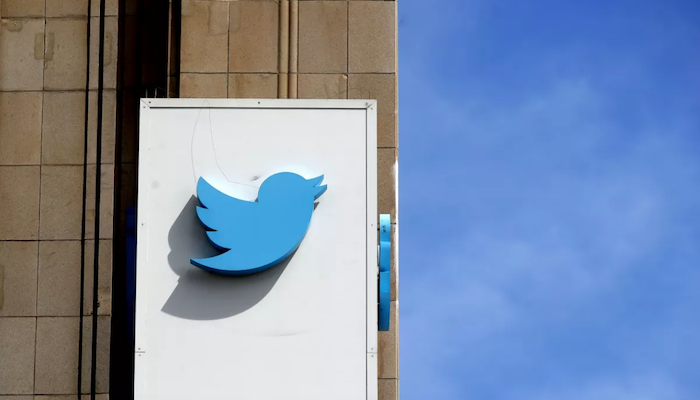Since Elon Musk took over Twitter in 2022, the platform has become known as somewhat of a lawless place with the loosening or removal of many prior restrictions on content and speech. However, the law has seemingly caught up to the lawless platform.
On Wednesday, Universal, Sony, Warner, and 14 smaller publishers filed a lawsuit against Twitter for at least $250 million over the alleged infringement of approximately 1,700 works. The lawsuit alleges that Twitter had been sent hundreds of thousands of takedown notices, most all of which were ignored. Twitter has also ignored requests to obtain the proper licenses for music and other forms of copyrighted intellectual property.
The lawsuit, which was filed in federal court in Tennessee, alleges that Twitter “consistently and knowingly hosts and streams infringing copies of music compositions” in an effort to “retain account holders and viewers” and “grow the body of engaging tweets” and ultimately, “fuel its business.”
Twitter is currently the only major social media platform that does not have some sort of music licensing agreement in place. Facebook, YouTube, Instagram, Snapchat, and TikTok all have entered into agreements with publishers that allow the platforms to legally host music, videos, and other copyrighted content. In return, the agreements specify that the platforms compensate the creators and/or publishers for use of their content. (Before Musk took over Twitter, several major publishers had been in talks with former CEO Jack Dorsey to set up a similar agreement in 2021).
According to Yahoo, in December 2021, the National Music Publishers’ Association, acting on behalf of the publishers, began sending formal infringement notices to Twitter on a weekly basis, according to the complaint. The company was notified of over 300,000 infringing tweets. The lawsuit alleges that most tweets were not removed and the accounts of repeat offenders were not penalized in any way. The lawsuit alleges that Twitter basically encouraged this type of activity by taking no action against offenders.
Previously, Elon Musk had tweeted that “current copyright law in general goes absurdly far beyond protecting the original creator,” suggesting that certain aspects of the Digital Millennium Copyright Act (DCMA) may go too far in overstepping its boundaries on social media.
